|
Yes, among other #AASWinners is the stand-out winner from 2018, Marigold Super Hero Spry. Here’s what All-American Selections has to say about this Marigold:
“When one of the discerning AAS judges says, “I’d love to have this in my yard!”, you know you have a winner! Super Hero™ Spry is a lovely compact (10-12 inches) French marigold with dark maroon lower petals and golden yellow upper petals perched on top of the dark green foliage. The list of winning attributes continues: a more uniform and stable color pattern, earlier to bloom and no deadheading required. These stunning blooms make any garden fit for a Super Hero!”
0 Comments
Mike Maddox will be a speaker at the Twilight Garden Tour on August 14, 2018 starting at 4:00 pm at the Spooner Research Station Teaching and Display Garden. For a preview, here are notes from the 2018 Upper Midwest Regional Master Gardener State Conference by Donna Amidon, MGV.
Some suggestions for adapting tools to avoid issues with arthritis might be : using ergonomically correct hand tools such as those with ratcheting ability; focus on your grip making sure the handle diameter is as large as the opening when you make the “ok” sign with your thumb and forefinger and that your thumb and knuckles do not overlap when gripping the handle; “stabbing” at the soil rather than pushing it away from you when using a hand digger (this will help you use your bigger arm muscles rather than the wrist and hand so much); making sure the handle length of longer tools allows you to stand upright; and using sprayers with button to turn on and off rather than squeezing the grip when handwatering.
Playing on the All-American Selections (AAS) 2018 theme of “Get Social in the Garden”, this garden bed features logos and icons from a variety of social media. Who wouldn’t want to phone a friend when the weeding needs to be done?
This bed includes a dozen past AAS winners to form the boxes of each media type along with a logo. One that stands out and mingles well with others is Petunia Tidal Wave, an AAS Winner from 2015. All American Selections describes this petunia as one that doesn’t “fade even in the heat of the summer. Large flowers literally cover the vigorously spreading plants that rarely need deadheading because new blooms continuously pop up and cover the old, spent blooms. A perfect solution for the time-crunched gardener or anyone looking for petunias that are carefree. Tidal Wave petunias are the tallest of the Wave family and bloom over and over all season long and recover quickly, even after hard rains. Tidal Wave is an excellent landscape performer, covering a large area quickly and beautifully.” This is part of a series of blog posts featuring the All-American Selections Display Gardens. What is All-American Selections? As written on their website: “All-America Selections is an independent non-profit organization that tests new, never-before-sold varieties for the home gardener. After a full season of anonymous trialing by volunteer horticulture professionals, only the top garden performers are given the AAS Winner award designation for their superior performance.” The Spooner Teaching and Display Garden is one of eight AAS display gardens in Wisconsin. Come to the Spooner Teaching and Display Garden to see over 600 plants that have been planted in the display beds. The planting of both the display and vegetable beds is now complete and each day there is more to see as the season progresses. The Teaching and Display Garden can be found on Orchard Lane and is located 1.5 miles east of Spooner on State Highway 70 or 1/2 mile west of Highways 70/53 interchange. It is open to the public daily in the growing season during daylight hours. 2018 Upper Midwest Regional Master Gardener State Conference note highlights from Donna Amidon, MGV
Session: Pollinator Friendly Gardening. Rhonda Fleming Hayes (Author of Pollinator Friendly Gardening: Gardening for Bees, Butterflies and other Pollinators, writer for Star Tribune, Northern Gardener magazine and other publications). There is a growing body of evidence that supports mixing native and non-native plants in designed landscapes benefits pollinators. Bees do like non-native plants in addition to natives but some cultivars may have less pollen or other changes that are less desirable to pollinators. Bees love flowers with multiple florets for foraging and then they do not have to fly around so much to collect pollen and nectar. Herb gardens can be attractive to pollinators if you let some go to flowering stage. Other beneficial insects also love the flowers. Other suggestions:
Have you used all your garlic scapes? If you have not, I have a great idea and recipe for you. Garlic Pesto
2 cups garlic scapes, roughly chopped 1/2 cup grated Parmesan cheese 1/2 cup walnuts Pinch of salt Pinch of pepper 1/2 - 3/4 cup of olive oil or sunflower oil *note: feel free to mix in other herbs like basil, mint, cilantro, parsley or even kale to make the pesto more mild. We love garlic, so we do not mind!! 1. Add garlic scapes, Parmesan, walnuts, salt, and black pepper to food processor and scrape sides to make sure all ingredients are incorporated. 2. Turn on processor slowly add 1/2 cup oil. Once added, stop the processor and scrape sides to make sure all ingredients are incorporated. 3. Taste and adjust seasoning with salt and pepper. 4. If pesto is thick, add more oil while the processor is running. 5. Process pesto once more until it is creamy, about 1 minute. 6. Load the pesto into your preferred containers and store in your chest freezer for up to a year. We enjoy using our pest for a dip with pretzels or chips. We also use on homemade pizza. The link below is where I found helpful tips on growing garlic and the pesto recipe. Creative Vegetable Gardener *Keep “flower buffet” open throughout the whole season for pollinators with a continuous succession of flowering plants.
* There are almost 500 documented species of native bees in Wisconsin. * Bees are rarely aggressive but yellowjackets and wasps can be aggressive. * Honey bees are highly social in their hives but native bees tend to be solitary and mostly nest in the ground or cavities in trees or logs. * Tree pollination: most Midwestern trees are wind pollinated such as elm, oak, ash, birch, maple, and shrubs such as hazelnuts. Some trees and shrubs that have showy flowers in spring can attract pollinators, including red maple, black cherry, American basswood, service berry, dogwood, chokecherry, wild plum, pussy willow, and sumac. * Suggestions for attracting more pollinators are: leave some bare soil for ground nesting bees in the garden; rather than using wood mulch consider leaving the leaf litter on the ground in fall and consider it “mulch” throughout the year (some bees can nest in the leaf debris); do not cut back stems on all plants in the fall , leaving them up for bees to nest in over the winter and then cut back later in the spring to about 12-15 inches high; have some old logs on the ground in or near the garden for nesting . Contact information for Heather Holm: Website is PollinatorsNativePlants.com New book out: An Identification and Native Plant Foraging Guide
This year’s theme is “Get Social in the Garden”, a part of the All American Selections #AASWinners. The Garden is one of eight in Wisconsin that display vegetable and flower varieties who have been awarded this designation as an outstanding cultivar. For more information on the garden, upcoming events and blog posts go to the North Country Master Gardener Volunteers website at: https://www.northcountrymgv.org/
Save these dates for the other programs at the garden: the Twilight Garden Tour will be August 14 at 4:00 pm and on September 8 at 10:00 am the program will focus on harvest, seed savings and what was learned during this garden season. Remember to bring your own lawn chair for the Meet Me in the Garden Seminar. The session is free and open to the public and will be held rain or shine – please dress accordingly. In case of inclement weather, the program will be held at the Station Building at W6646 Highway 70, Spooner. The garden is located on Orchard Lane, 1.5 miles east of Spooner on Highway 70 or 1/2 mile west of the Hwy 70/53 interchange. Watch for garden meeting signs. For more information and a map visit the station’s web site at: http://spooner.ars.wisc.edu/ or contact Kevin Schoessow or Lorraine Toman at the Spooner Area UW-Extension Office at 715-635-3506 or 1-800-528-1914.
We are now looking to more natural environments that use less chemicals and effort to maintain. There is a tension between native vs. non-native, natural vs. formal, intentional vs. spontaneous, and rural vs. urban.
The current trend is to look to nature for inspiration. Some large, noteworthy urban gardens that illustrate a more natural environment include the High Line-Elevated NYC Park-Rail Trail, the Rose Kennedy Greenway in Boston, and Parklands of Floyds Forks in Louisville, Kentucky. Tom Smarr has been involved with each of these gardens and offered his philosophy on garden design.
For inspiration, check out these books:
|
|
| North Country MGV | gARDEN bLOGS |
Location |
|
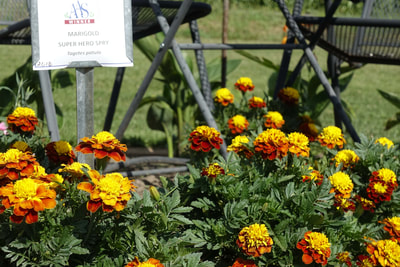
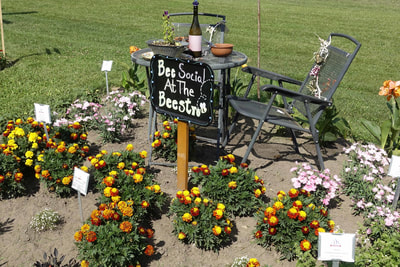
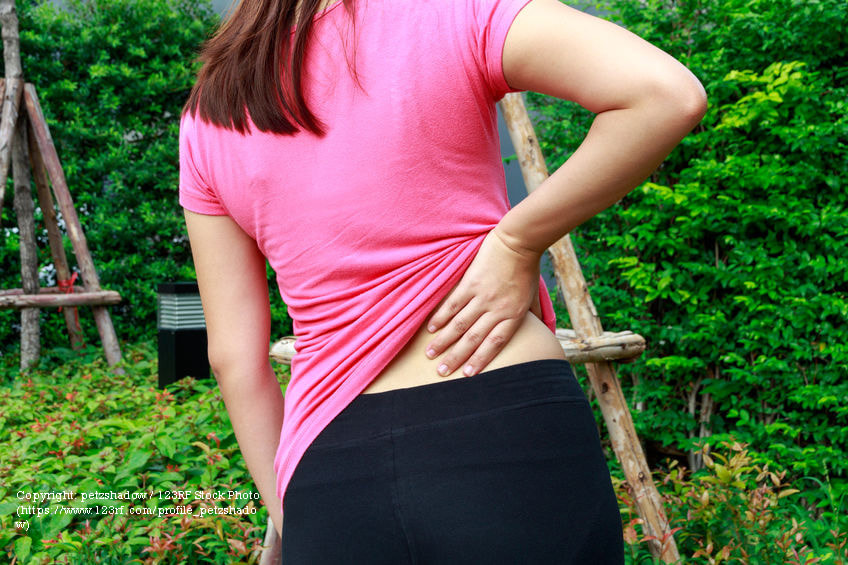
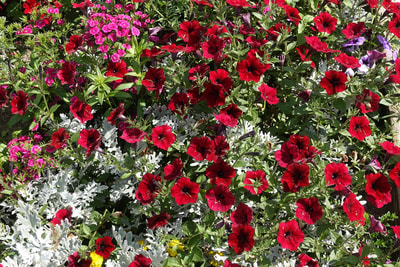
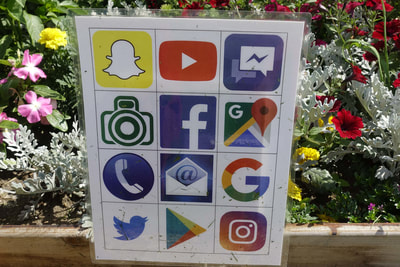
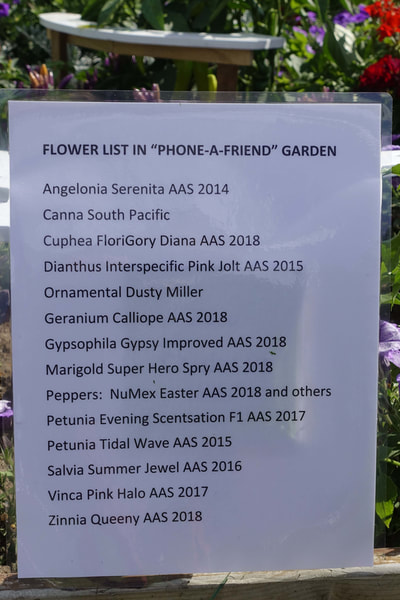
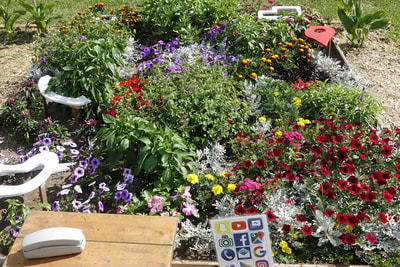
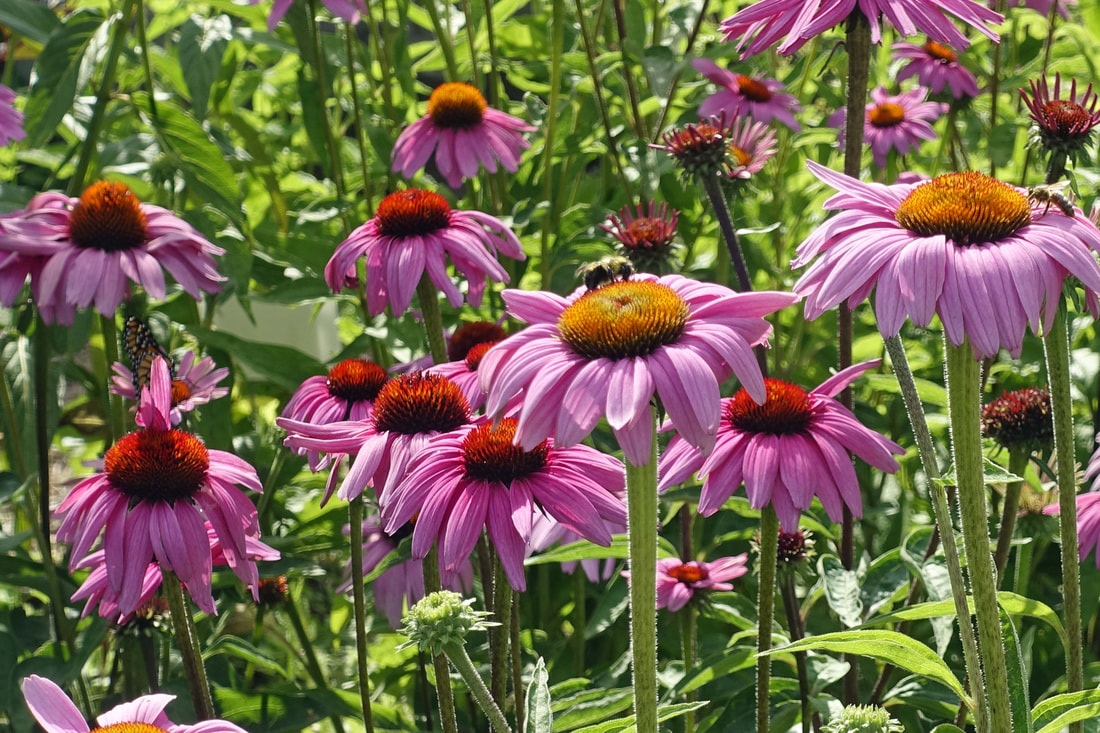
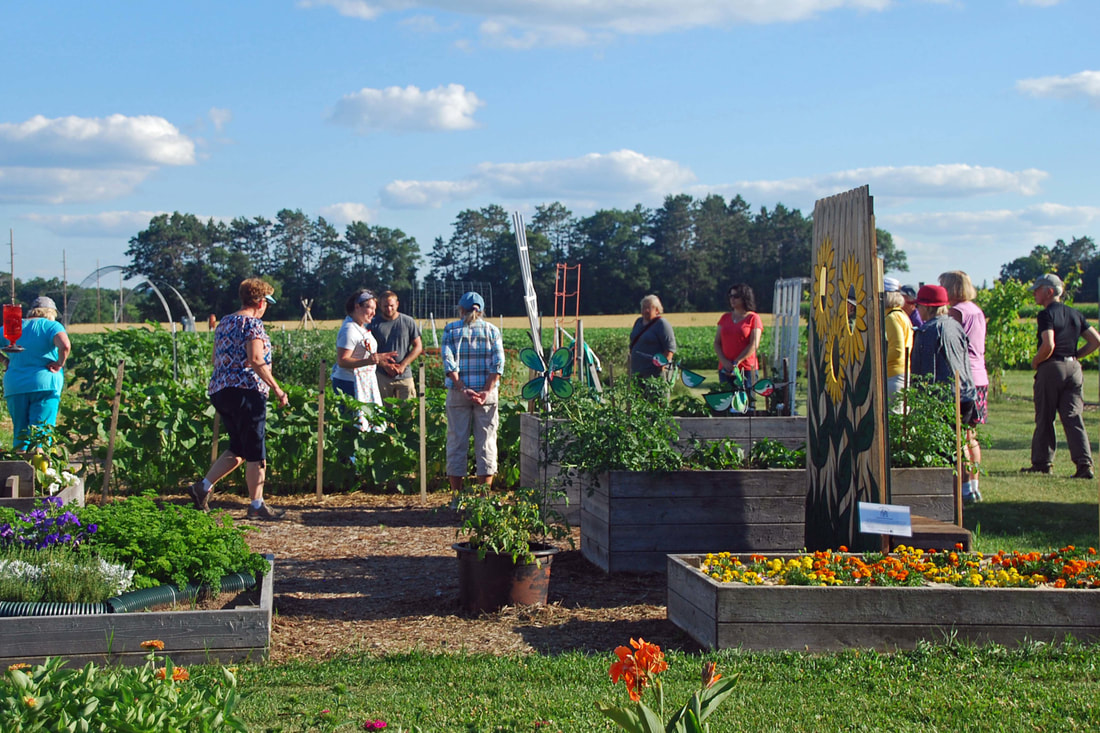
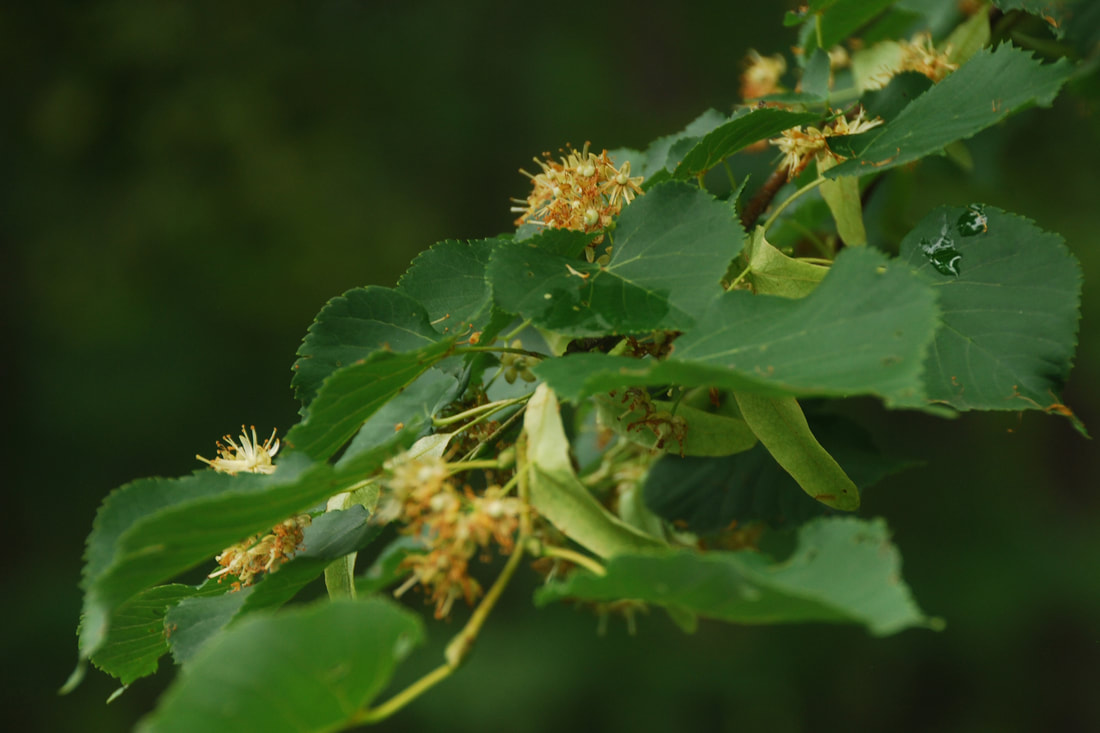
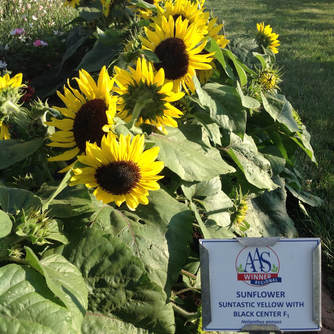
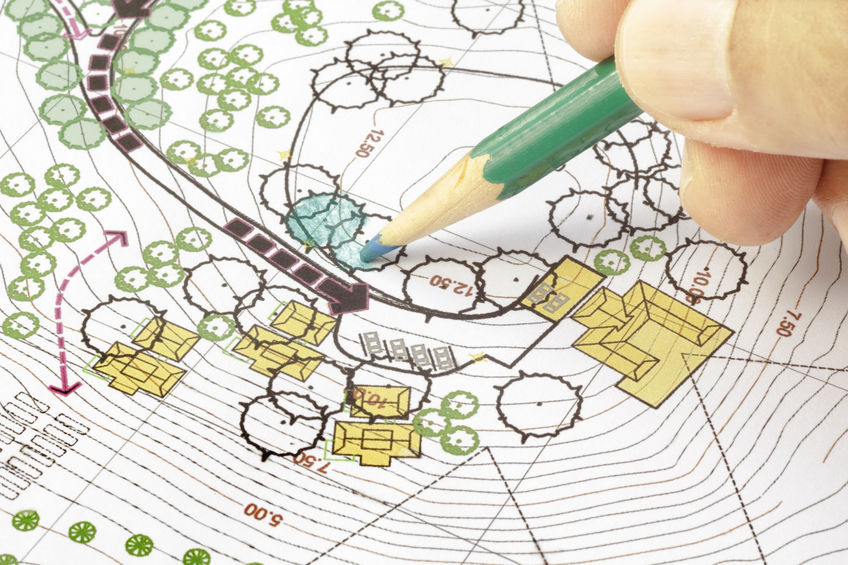
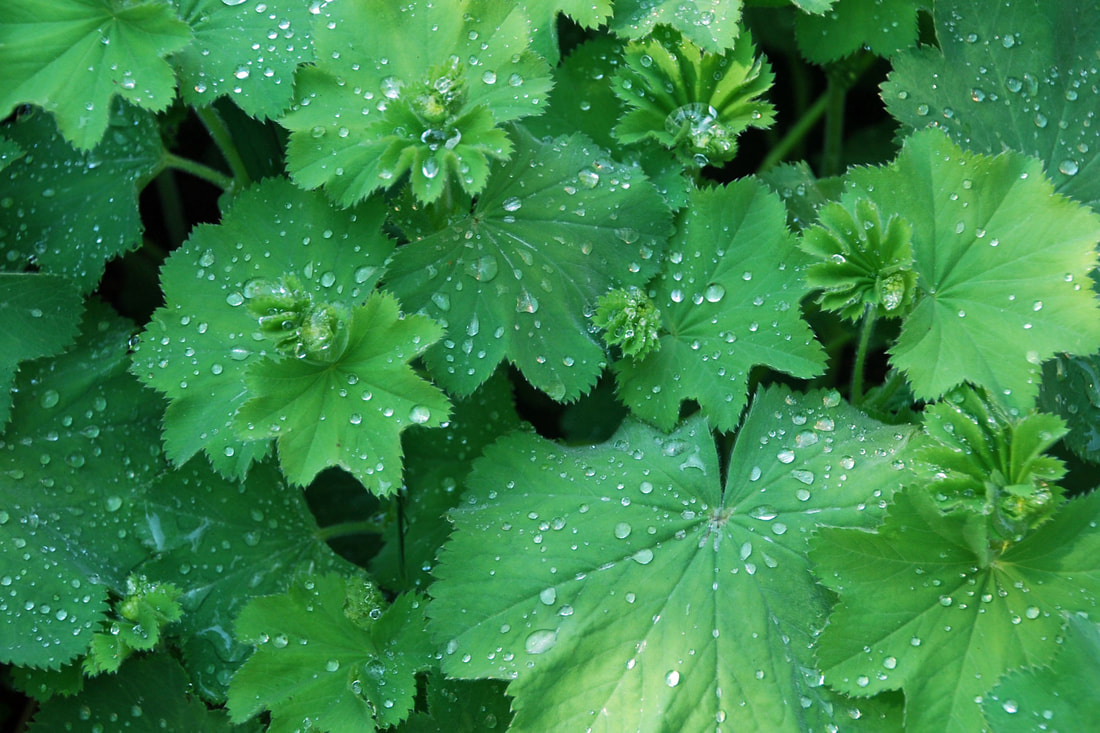
 RSS Feed
RSS Feed